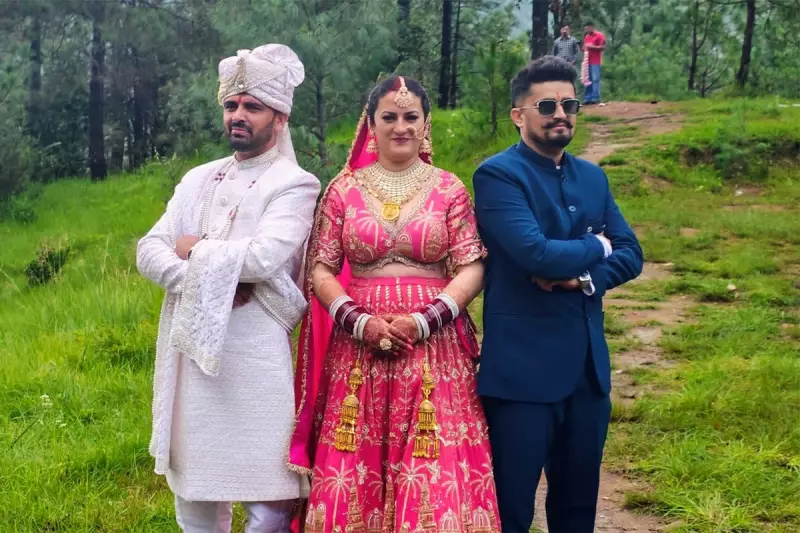
Nestled high in the Himalayas, a centuries-old tradition that turns conventional marriage on its head is still practised by a small, secluded Indian community. In the remote villages of Himachal Pradesh, women of the Hatti tribe are legally permitted to take not one, but several husbands—who are often brothers.
This rare form of matrimony, known as fraternal polyandry, sees all brothers in a family marry the same woman. The practice is deeply rooted in the community's socio-economic fabric, designed as a pragmatic solution to a critical problem: the fragmentation of ancestral land.
The Logic Behind the Union
For the Hatti people, polyandry is less about romance and more about resource management. By having all brothers share a single wife, the family's property and wealth are kept intact from one generation to the next.
"If brothers marry different women and have children, the land gets divided, and the holdings become smaller and smaller until they can no longer sustain a family," explains a community elder. This system ensures that agricultural plots remain viable and families avoid destitution.
A Woman's Multifaceted Role
The wife in a polyandrous marriage holds a unique and respected position. She is considered the central figure of the household, often seen as the "equal of all her husbands".
Her role extends to ensuring equality and fairness among her spouses. It is common for the woman to spend time with each husband in rotation, and a key rule dictates that if she shares a bed with one brother, the others must vacate the family home to maintain harmony and prevent jealousy.
A Tradition Under Threat
Despite its long history, the practice is facing decline. Increased education, mobility, and exposure to mainstream Indian culture through television and the internet are influencing the younger generation.
Many young Hatti men now express a desire for their own wives and families, moving away from the shared matrimonial model of their ancestors. This shift signals a potential end to one of the world's most unique marital traditions, as modern values gradually permeate even the most isolated communities.





